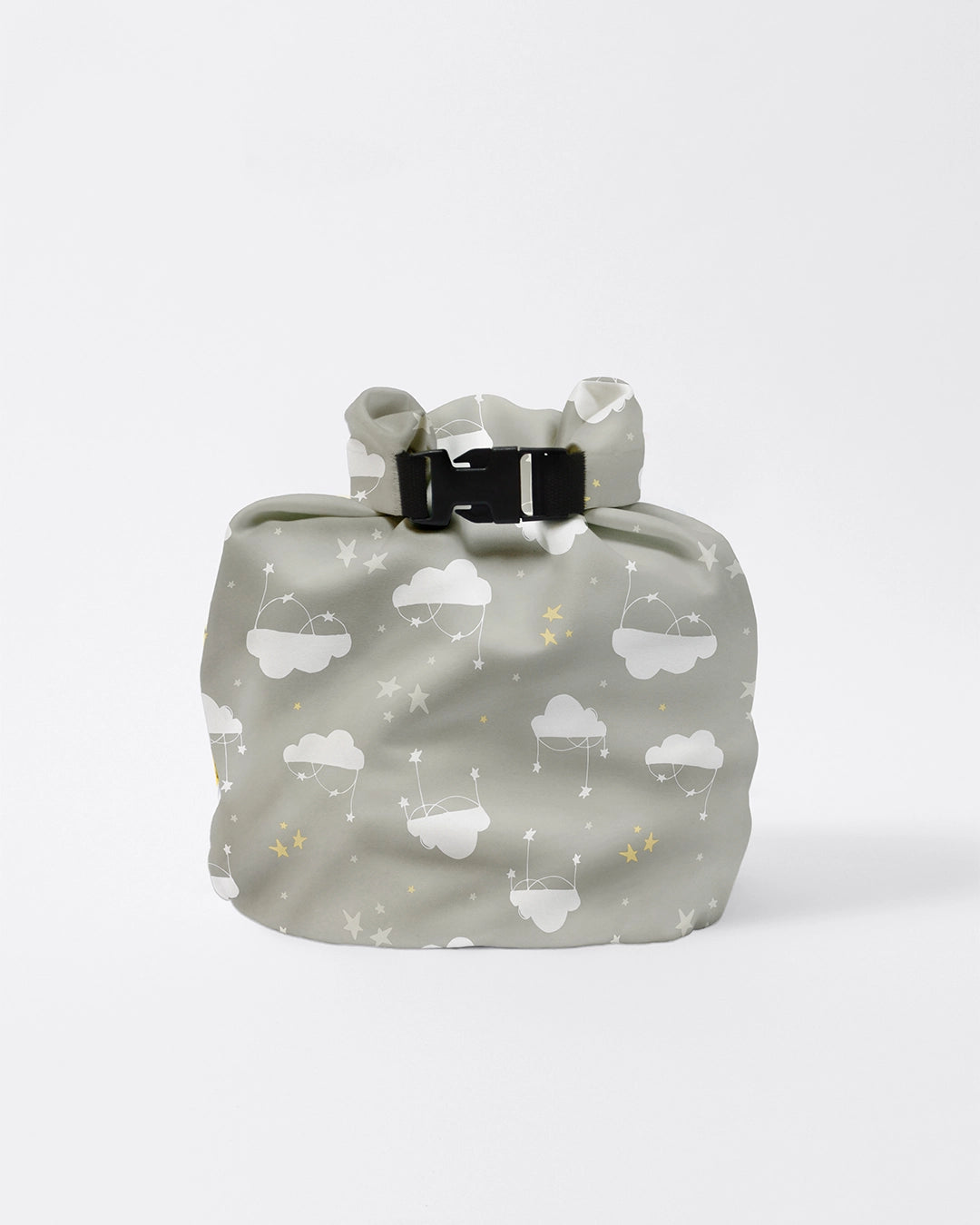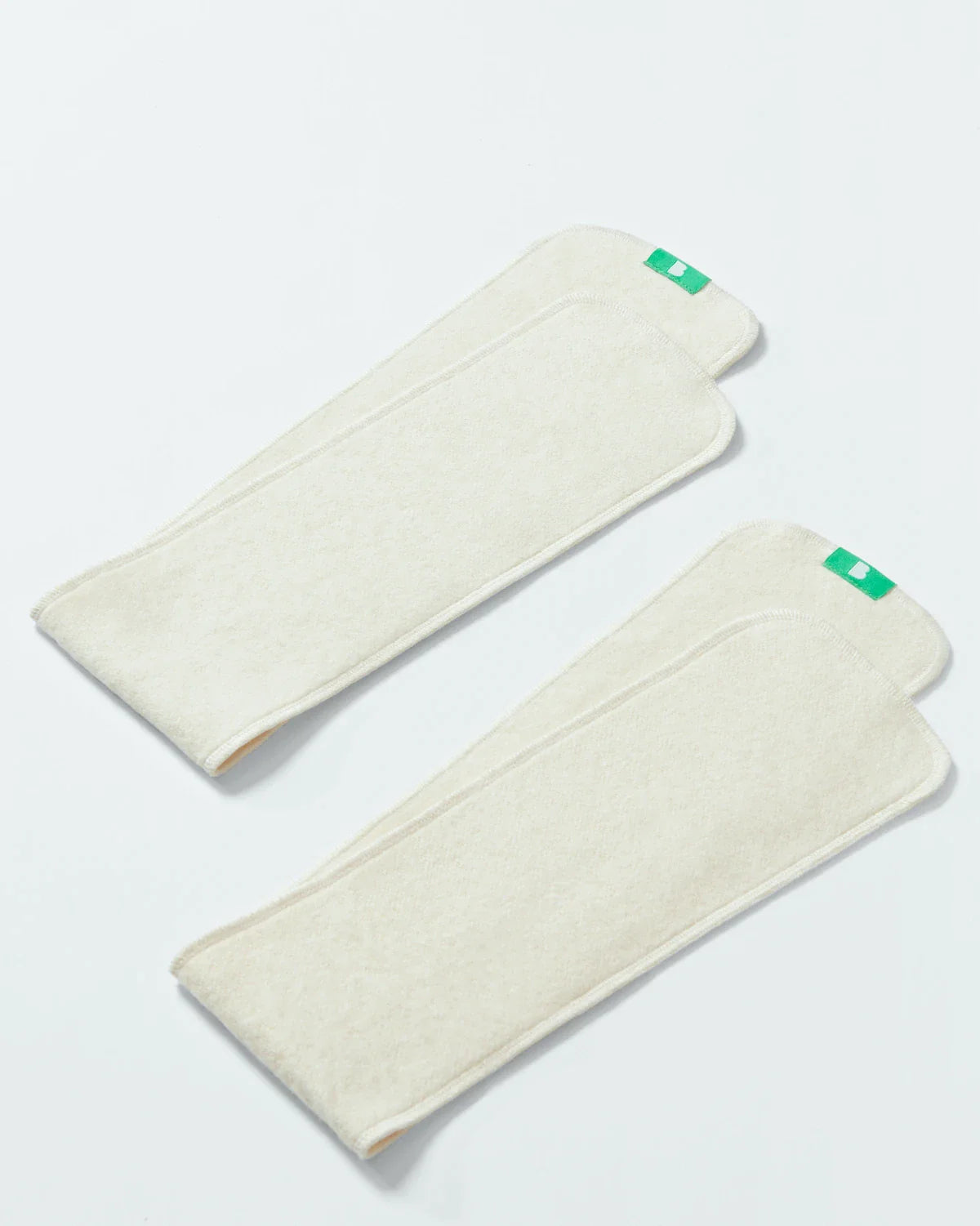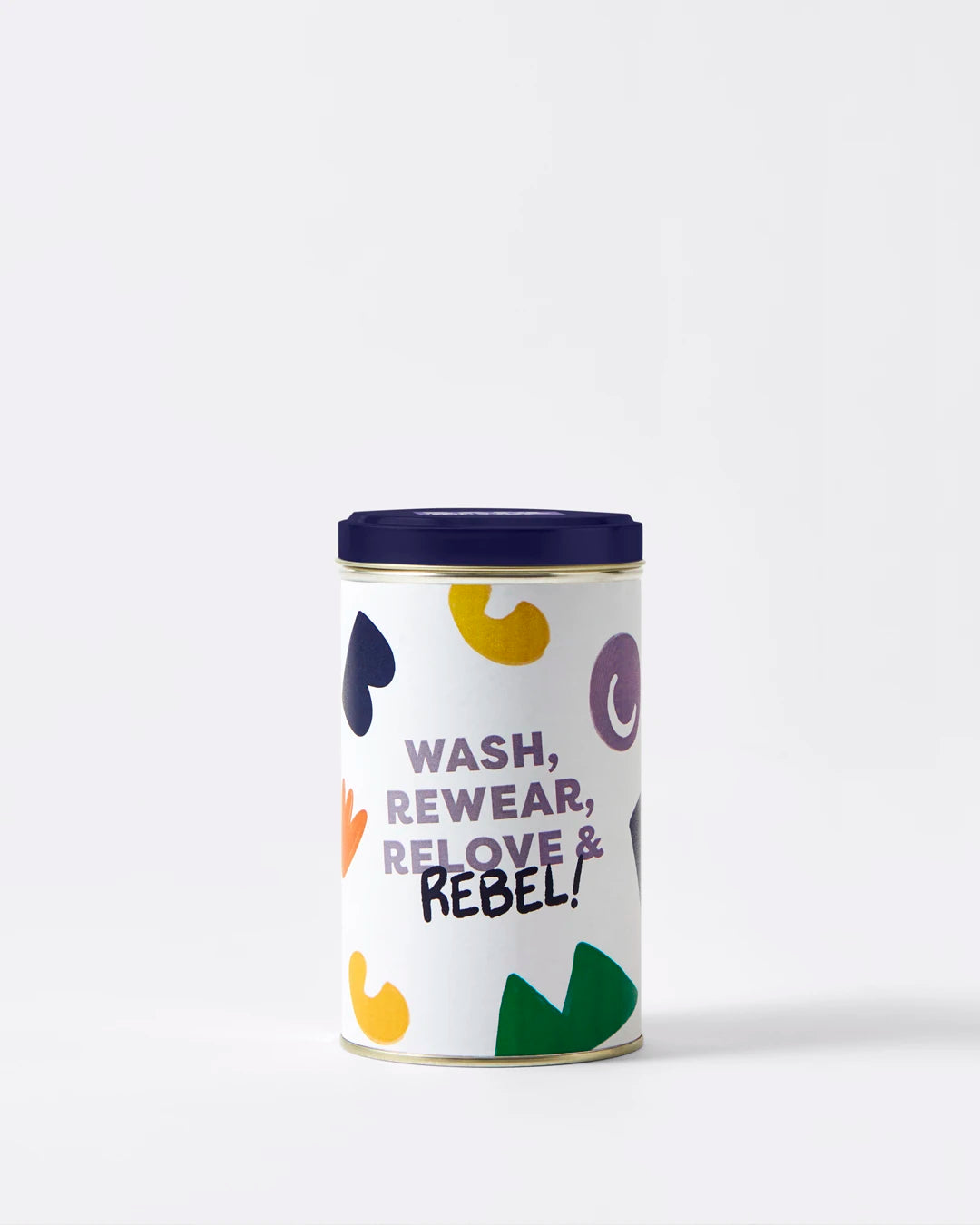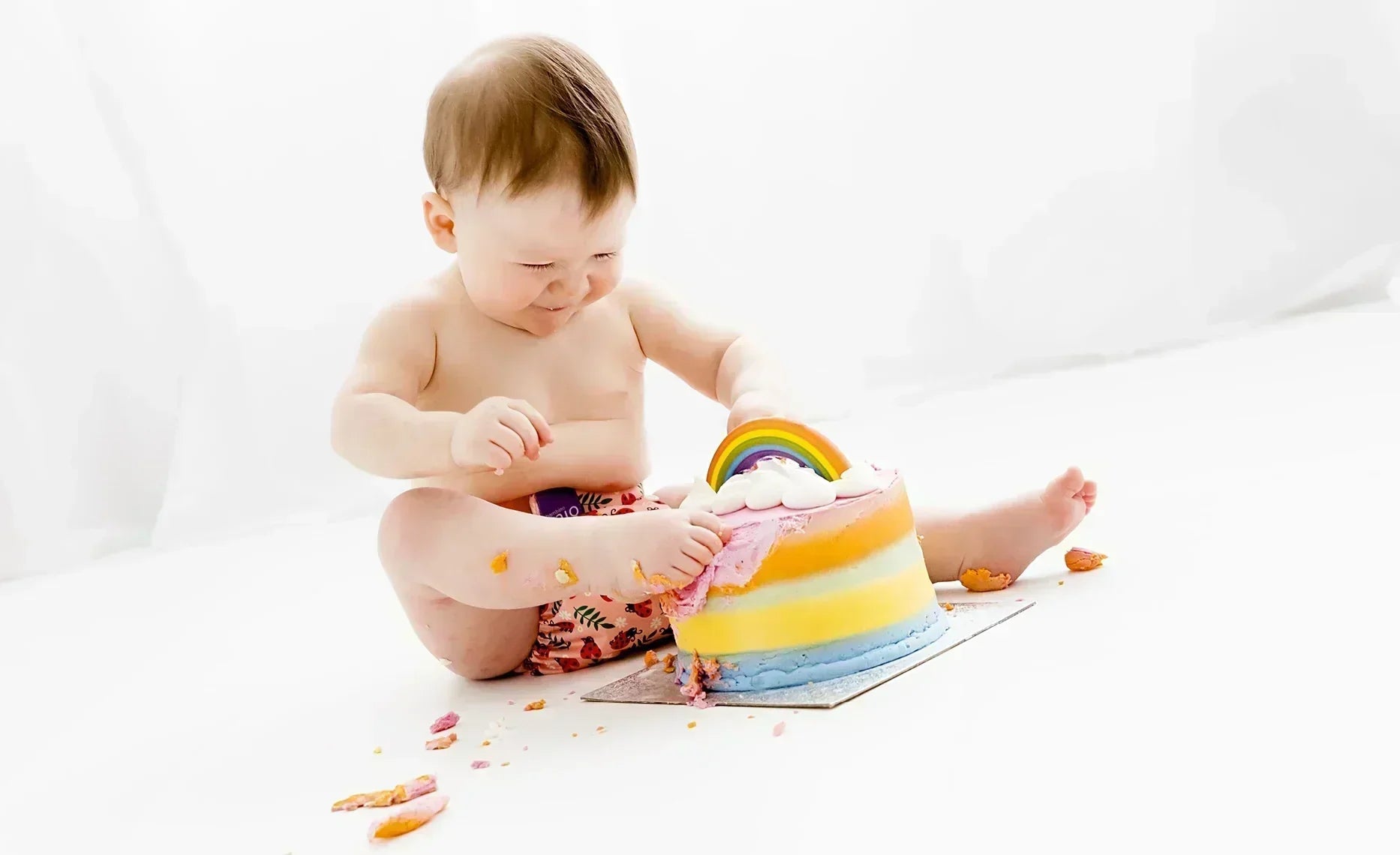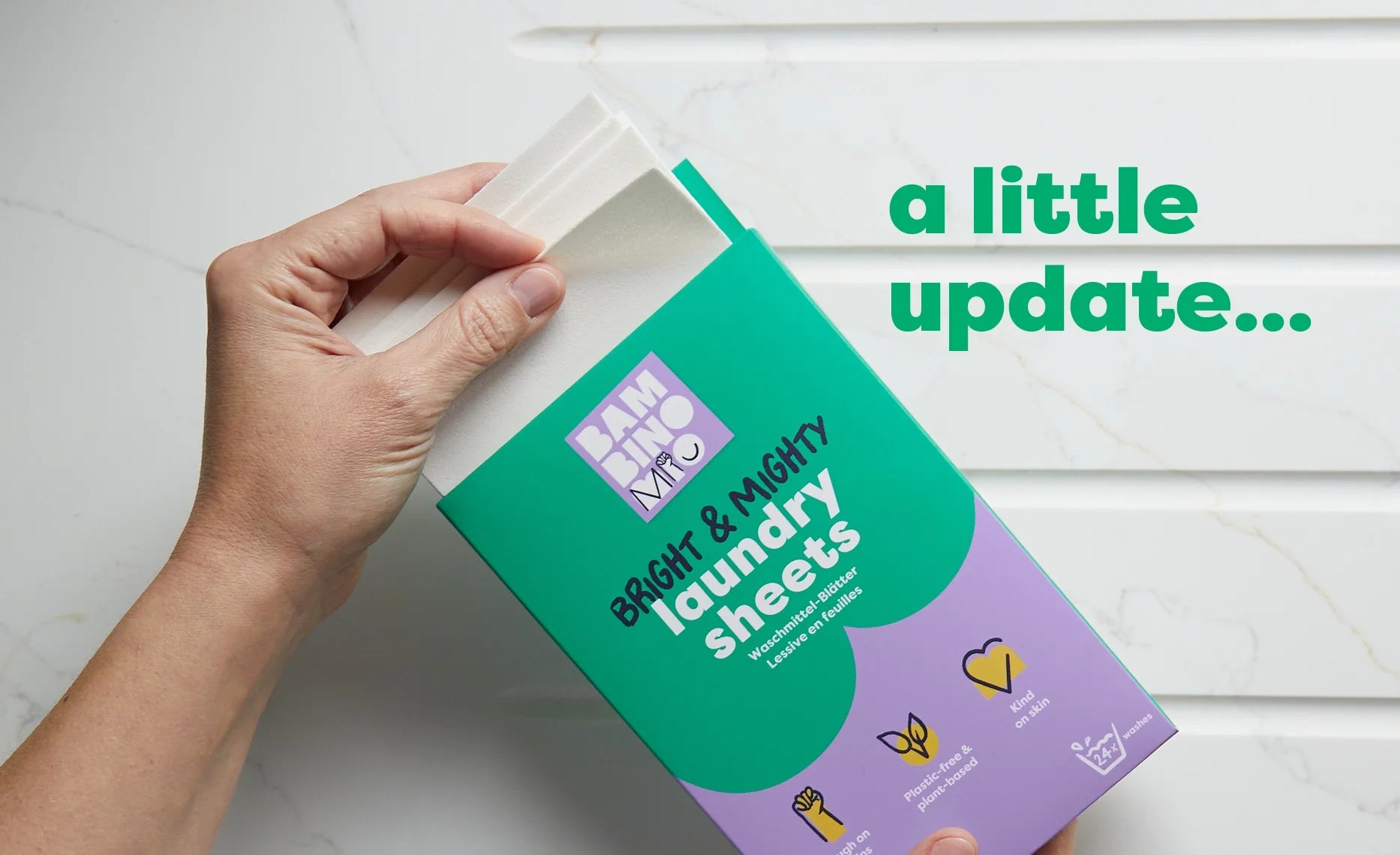How to Potty Train Boys
Share Options
- Bambino Mio
- 23 / 10 / 2023

Inside this Article:
- First, make sure your son is ready to start potty training
- Signs your boy toddler is ready to potty train
- Let your son watch a trusted adult have a wee
- Go shopping for some special training pants and underwear
- Follow your son’s usual toileting schedule
- Make sure your son is drinking enough during the day
- Encourage your son to sit down for wees at first
- Keep a few potties around the house
- Don’t make a fuss about accidents
- Do make a fuss about successes
- Aiming can be a game
- Give your son a stool step
- Dress your son in loose-fitting trousers
- Make toilet training fun
- Citations and References
Potty training your child is a big step as it means no more nappies and more independence. While both girls and boys are usually ready to start toilet training between the ages of 18 months and three years, there are some slight differences in the approaches you take with them.
If your son is ready to start toilet training, we’ve got some useful tips to help you to make it a success.
First, make sure your son is ready to start potty training
You might find, if you’ve potty trained a girl before, that your son is ready a couple of months later. Boys’ communication skills often lag a little behind girls’ (1) and this can influence how well they can tell you they need a wee or a poo. Of course, your boy might be ready sooner than 18 months - it’s all in the signs…
Signs your boy toddler is ready to potty train
You should wait until at least some of these signs show themselves:
- Your toddler can tell you that his nappy is wet or dirty
- He can tell you that he needs a wee or a poo
- He’s interested in toilets and what happens in them
- He can follow a simple sequence of instructions
- He can dress and undress himself fairly easily
- He’s dry for two or three hours during the day
If this sounds like your son, then it’s probably time to talk about toilets and potties! You don’t have to dive straight in just yet - a conversation or two about how you use the toilet and how he’ll need a potty and some training pants soon will do to start with.
Once you do start on your potty training journey with your son, these tips will come in very handy.
Let your son watch a trusted adult have a wee
This could be Dad, or an older brother. It might seem strange at first to leave the bathroom door open, but toddlers have a way of following their parents into the bathroom no matter what…
Explain that men and boys wee in a different way to women and girls because they can stand up or sit down!
Go shopping for some special training pants and underwear
Our training pants have some amazing colours and designs so your son will love picking out his favourites. Letting him choose his pants will give him a sense of independence and control over potty training and, let’s face it, choosing your first pair of big boy pants is a milestone.
Explain to your son that these pants are very special and that he should aim to keep them clean as much as possible. Of course, there will be mishaps, but that’s what the washing machine is for!
Follow your son’s usual toileting schedule
Most children have fairly regular toilet habits. If your son tends to need a poo shortly after breakfast (2), then encourage him to sit on his potty for a couple of minutes after he’s eaten. If nothing happens, let him pull his trousers back up and play near the potty so he can hop back on when the need does arise.
Make sure your son is drinking enough during the day
Getting enough water into your son’s system is important not just for their general health, but so that they produce enough wee to practise with! Staying hydrated also helps to prevent constipation so that they’re pooing regularly.
Encourage your son to sit down for wees at first
This will greatly reduce the number of clean ups you have to do! Show your son how to sit and aim his penis at the bottom of the potty to wee so that the stream goes into the bowl. When he’s a bit older, you can introduce standing-up wees - encouraging your son to aim at a tree or the garden wall is a good idea as there’s no clean up necessary!
Keep a few potties around the house
This makes it easier to dash and drop! Have at least one potty per floor so there’s no need to run around looking for one while your son tries to hold on.
Don’t make a fuss about accidents
They happen, you clean them up, that’s it. No biggie. You need to be calm about accidents and say something like “It happens, don’t worry. Let’s go and get the spray…”. It’s important to stay calm so you don’t make your son anxious about potty training and toilets.
Do make a fuss about successes
A song, a dance, a sticker… Make sure you celebrate your son’s potty training successes so that he stays on track and is motivated to improve his toileting skills.
Aiming can be a game
When you move onto standing up wees, aiming is everything. Some parents place Cheerios or similar cereals in the toilet bowl and get their son to aim his wee at them so they sink.
You could also use cut-out toilet paper shapes or even an antibacterial toilet training ball for him to point and pee at.
Give your son a stool step
Most boy toddlers aren’t tall enough to stand and wee in the toilet, so a kick step is useful here. He can also move it to the sink for handwashing afterwards.
Dress your son in loose-fitting trousers
Fiddling with a zip or even poppers costs valuable seconds, so make life easier for your son by dressing him in loose elasticated trousers for easy access. Lots of parents let their children - girls and boys - run around the garden naked or bottomless over the summer months and this reduces the amount of mopping and washing involved!
Make toilet training fun
It’s a serious step, but there’s no need for serious faces. Laugh about successes and failures, laugh at a dog lifting his leg up for a wee, see how high your son can aim his pee up the garden wall.
Anything you can do to encourage the potty training process and make it a pleasant experience is great, so do it!
Citations and References
(1) National Institutes of Health (NIH). National Library of Medicine. ‘Sex Differences in Early Communication Development: Behavioral and Neurobiological Indicators of More Vulnerable Communication System Development in Boys.’ 2019. Web. www.ncbi.nlm.nih.gov/pmc/articles/PMC6509633
(2) Healthline. ‘Why Do I Have to Relieve Myself Immediately After Eating?’ 2023. Web. www.healthline.com/health/pooping-after-eating#gastrocolic-reflex






















